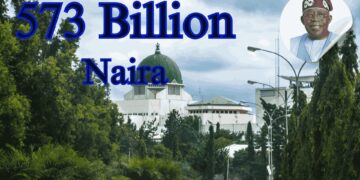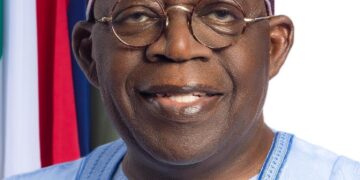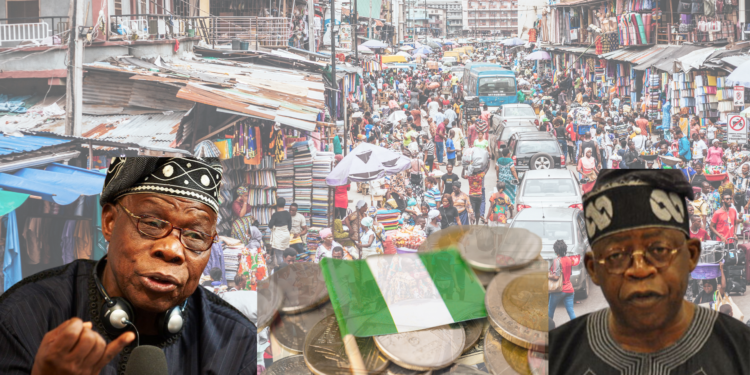In a thought-provoking speech delivered at the Paul Aje Colloquium in Abuja, former President Olusegun Obasanjo didn’t mince his words as he dissected the economic strategies of President Bola Tinubu’s administration. His insights shed light on the challenges facing Nigeria and the imperative for transformative change.
Key Points:
Obasanjo’s remarks underscored the necessity of bold policies tempered with astute implementation. He lamented the mishandling of critical economic decisions, such as the removal of petroleum subsidy and the floating of the Naira, asserting that while the intentions were noble, the execution lacked finesse, resulting in adverse economic ramifications.
Addressing the geopolitical landscape, Obasanjo criticized the government’s reactive stance toward the coup in Niger Republic, advocating for a proactive, diplomatic approach rooted in regional stability and cooperation.
The former president robustly defended his position on the Port Harcourt refinery refurbishment, rebuking detractors as “sycophants and spin doctors” blinded to the nuanced deliberations preceding his decision. He emphasized the need for informed, strategic policy making grounded in comprehensive analysis.
Obasanjo’s prescription for Nigeria’s economic woes centered on a paradigm shift towards production and productivity. He stressed that fostering trust and confidence in governance is paramount to attracting domestic and foreign investment, thereby propelling sustainable economic growth.
He called for a departure from transactional leadership towards a transformational ethos characterized by integrity, transparency, and accountability. Obasanjo underscored the pivotal role of leadership in shaping Nigeria’s trajectory, urging for a collective commitment to national development.
In outlining the path forward, Obasanjo emphasized the importance of consistency, continuity, and honesty in policy making to instill stability and predictability. He cautioned against short-term fixes, advocating for a holistic approach that prioritizes long-term sustainability over immediate gains.
Obasanjo’s impassioned address serves as a clarion call for introspection and action. His critique of the status quo underscores the urgency of recalibrating Nigeria’s economic and governance frameworks to navigate present challenges and realize its vast potential. As the nation stands at a crossroads, Obasanjo’s vision for a prosperous, equitable Nigeria beckons as a beacon of hope and possibility.



















































